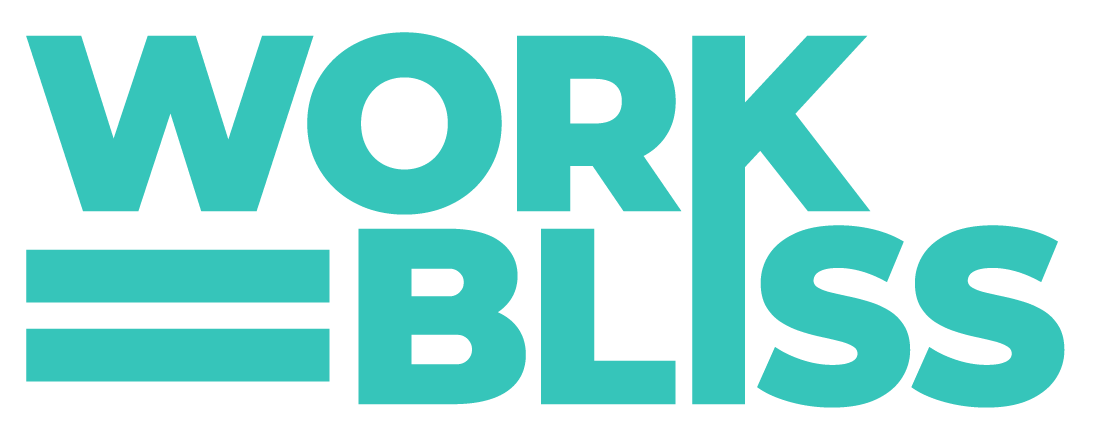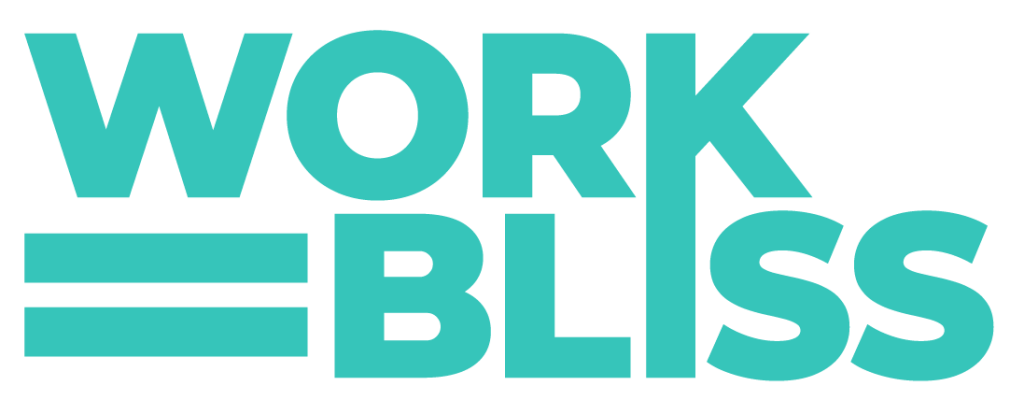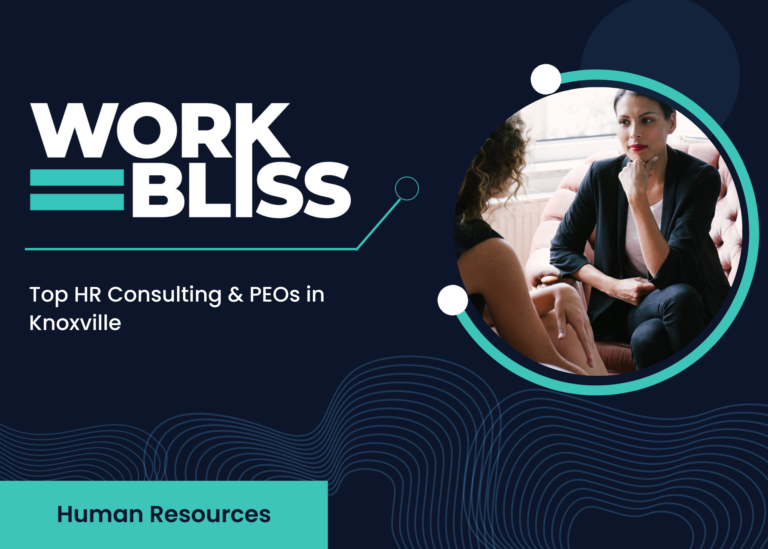In the fast-paced world of human resources, the significance of employee feedback, particularly the advantages of real-time employee feedback platforms, cannot be overstated. Small HR teams often begin their journey by using basic employee survey platforms like Survey Monkey to gauge employee satisfaction and collect valuable insights. As these teams grow and evolve, their needs for employee engagement increase, demanding more frequent and comprehensive methods to listen to their employees’ voices. This article delves into the transition from basic employee survey platforms to more advanced employee listening platforms, exploring the benefits of basic surveys and key considerations for implementing a larger employee engagement platform.
The Power of Basic Employee Surveys:
Basic employee surveys serve as a solid starting point for HR teams to initiate conversations with their employees. They provide an opportunity to gather feedback on various aspects of the workplace, including job satisfaction, work-life balance, and communication effectiveness. These surveys are often simple to create and distribute, making them accessible to even the smallest HR teams.
Benefits of Basic Surveys:
- Establishing Baseline: Basic surveys allow HR teams to establish a baseline understanding of employee sentiments and identify areas that need improvement.
- Simplicity: With user-friendly interfaces, these platforms are easy to navigate, ensuring a smooth surveying process for employees.
- Cost-Effective: Basic survey tools are often budget-friendly, ideal for companies just beginning their employee engagement journey.
Transitioning to an Employee Listening Platform:
As organizations expand and the pace of change accelerates, the need for deeper insights and real-time feedback becomes apparent. Moving from basic surveys to employee listening platforms offers a plethora of advantages, fostering a culture of open communication and collaboration.
- Real-Time Feedback: Employee listening platforms enable HR teams to gather real-time feedback, enabling quicker responses to emerging issues and concerns.
- Pulse Surveys: Rather than conducting infrequent, exhaustive surveys, employee listening platforms offer the flexibility of pulse surveys, providing timely and focused feedback.
- Multi-Dimensional Insights: These advanced platforms often employ sentiment analysis, text analytics, and natural language processing to gain deeper insights from employee responses.
- Actionable Data: The data generated through an employee listening platform provides actionable insights that can drive meaningful changes in the organization.
Key Considerations for Implementation:
- Customization: Look for a platform that allows customization of surveys to suit your organization’s unique culture and requirements.
- Integration: Consider a platform that seamlessly integrates with your existing HR systems, ensuring data flow and reducing administrative burdens.
- Data Security and Privacy: Prioritize a platform that adheres to strict data security and privacy regulations to safeguard employee information.
- Analytics and Reporting: The platform should offer robust analytics and reporting features, facilitating data interpretation and decision-making.
- Employee Inclusivity: Ensure the platform is accessible to all employees, regardless of their location, language, or technical proficiency.
- Vendor Support: Partner with a vendor that provides excellent customer support and training to maximize the platform’s potential.
Transitioning from basic employee survey platforms to a comprehensive employee listening platform, with advantages of real-time feedback, is a natural evolution for growing HR teams. While basic surveys serve their purpose in initiating feedback collection, advanced platforms empower organizations to delve deeper into employee sentiments and address issues in real-time. By choosing the right platform and considering the essential factors for implementation, HR teams can cultivate a culture of continuous improvement, ultimately boosting employee engagement and organizational success.



